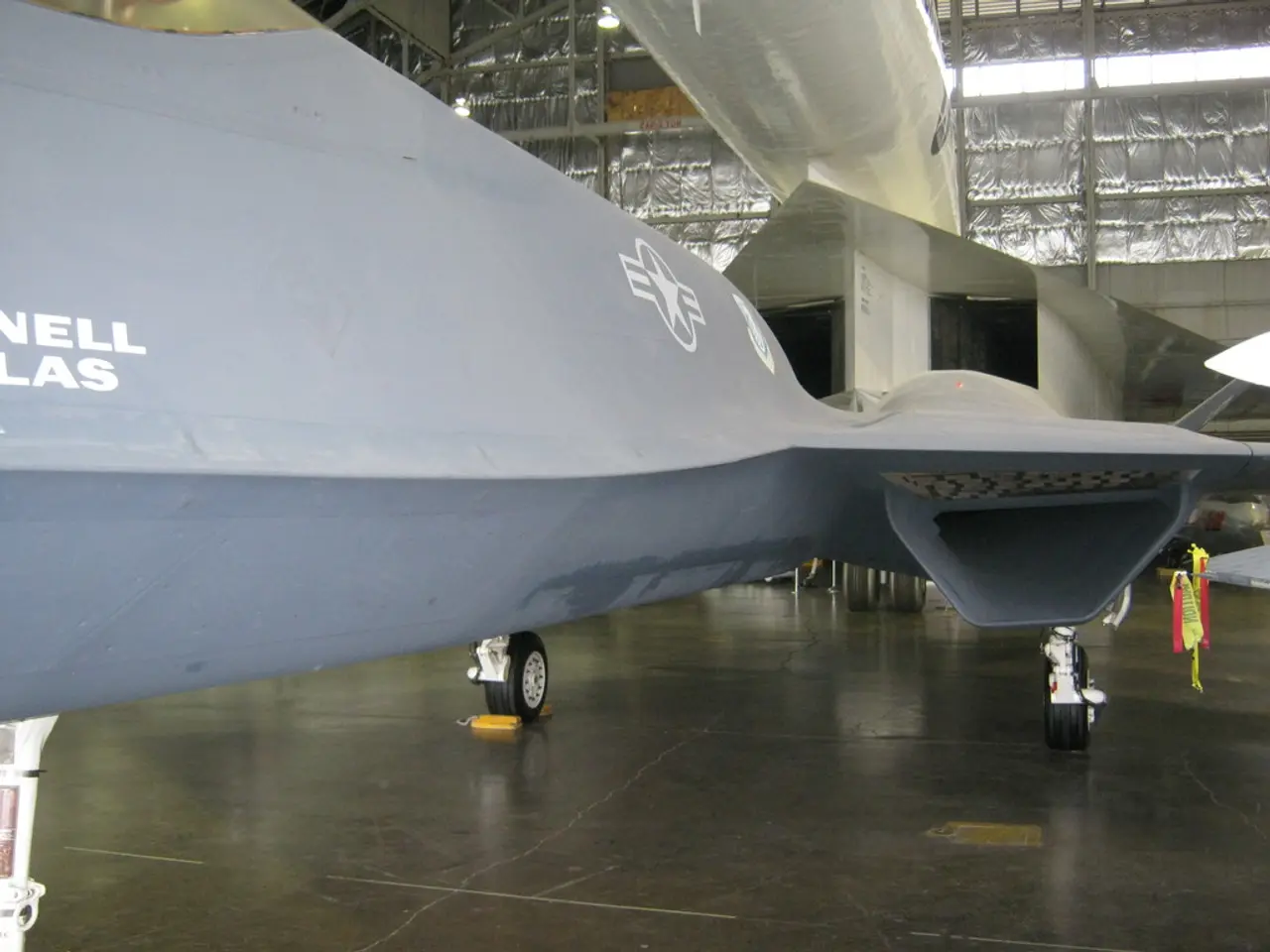Pressure demands authentic change: Air India's Top Executive
In the aftermath of the tragic crash of Air India flight AI171 on June 12, 2025, which claimed 280 lives, the national carrier is undergoing a series of safety, operational, and regulatory changes.
Safety Inspections and Operational Impact
The Directorate General of Civil Aviation (DGCA) has mandated enhanced safety inspections across Air India's Boeing 787-8/9 fleet. As of now, 26 aircraft have cleared these inspections, with the remaining undergoing the process. In addition, Air India has initiated enhanced checks on its Boeing 777 fleet as a precautionary measure. Due to these intensified inspections, geopolitical tensions, and airspace curfews, Air India temporarily reduced widebody international flights by 15% from June to mid-July 2025, resulting in 83 cancellations over six days. This reduction aimed to ensure operational stability and passenger safety. From August 1, Air India began partially restoring flight schedules, with plans to return to full operation by October 1, 2025.
Regulatory and Government Oversight
Following the crash and subsequent minor incidents, the Indian aviation ministry held high-level meetings with Air India’s management. The ministry urged the airline to end "backseat driving"—a situation where decision-making in critical safety departments like maintenance, training, and operations was unclear or undermined. The ministry emphasized that authority in core safety-related departments must be clear and final, preventing accountability issues. Air India's chairman reportedly agreed to these directives.
Technical Issues and DGCA Actions
The government has disclosed 183 technical issues across Indian flights until July 2025, prompting a safety overhaul with measures such as enhanced SOP adherence and mandatory pilot training improvements. Most recently, DGCA initiated enforcement action against Air India after discovering overdue inspection of an emergency slide on one aircraft, exemplifying intensified regulatory scrutiny.
A Call for Improvement and Compliance
Air India's MD and CEO, Campbell Wilson, has emphasized the importance of employees following prescribed processes, acting conscientiously, and striving to do better. He has also called on employees to take scrutiny following an accident with grace and an open mind. Wilson has also acknowledged that some of the extra attention might lead to normal issues being misinterpreted or sensationalised, but he believes that the scrutiny highlights genuine areas for improvement.
Financial Struggles
Despite the focus on safety, Air India's net loss for FY25 increased by 48% to Rs 10,859 crore.
Current Status
Air India is currently under intense scrutiny and remains at the centre of attention. The company is implementing a 'Safety Pause' and is conducting checks on Boeing aircraft. The airline has completed the inspection of fuel switches on its B737 fleet, and the 'Safety Pause' is approaching the half-way mark. Air India's partial restoration of its temporary schedule reduction begins on August 1. No untoward findings were reported during the fuel switch inspections on the B787 fleet.
The Aviation regulator DGCA issued four show cause notices to Air India for various violations on July 24. However, no new show cause notices have been mentioned in the current paragraph. There is no information about DGCA asking Air India to be compliant with training or any response from the airline in the given facts.
In conclusion, Air India is undergoing a comprehensive safety review and operational adjustments post-accident under close DGCA and government supervision. This includes fleet-wide inspections, temporary flight curtailments, strengthening decision authority in safety departments, and addressing technical lapses with regulatory enforcement ongoing to ensure passenger and crew safety.
- In light of Air India's increased scrutiny, the finance industry is monitoring the airline's financial health closely, as the net loss for FY25 has surged by 48% to Rs 10,859 crore.
- As part of the growing trend in the finance and technology industry, Air India is exploring decentralized finance (DeFi) solutions to optimize its financial operations and meet regulatory requirements.
- Amidst the aviation industry's shift towards more sustainable practices, Air India is investigating transportation electrification partnerships, including electric aviation technology, to reduce its carbon footprint and enhance competitiveness in the market.








